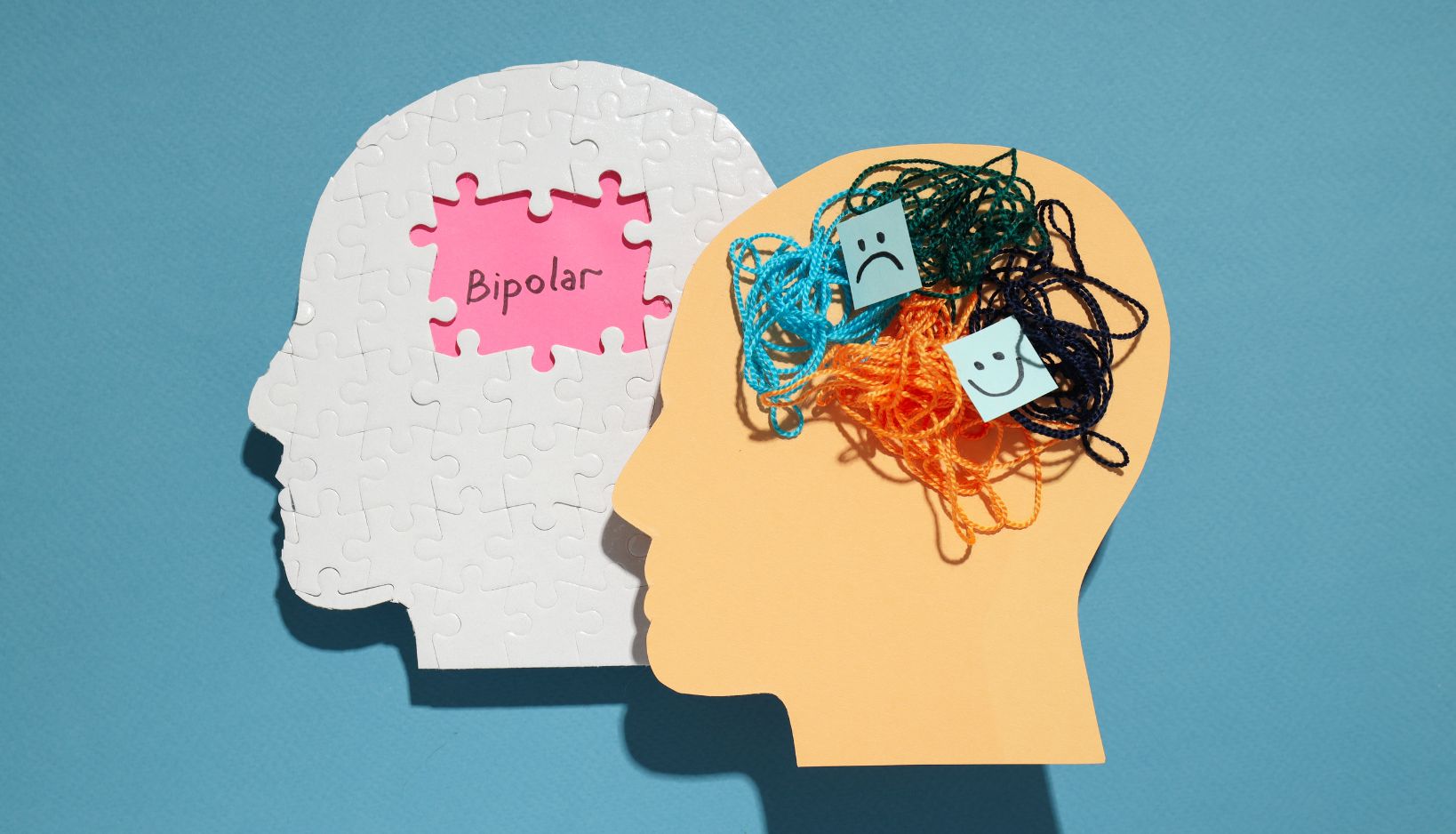Bipolar disorder is a complex mental health condition characterized by extreme mood swings that include emotional highs (mania or hypomania) and lows (depression). These mood swings can be challenging to manage and can have a significant impact on a person’s daily life. In this blog post, we’ll explore the symptoms, causes, and treatment options for bipolar disorder, as well as provide tips for managing the condition.
Symptoms of Bipolar Disorder
Bipolar disorder is often characterized by distinct episodes of mania or hypomania and depression. During a manic episode, a person may feel extremely euphoric, energetic, and impulsive. They may engage in risky behaviors and have difficulty sleeping. In contrast, during a depressive episode, a person may feel sad, hopeless, and lethargic. They may have trouble concentrating and may experience changes in appetite or sleep patterns.
Causes of Bipolar Disorder
The exact cause of bipolar disorder is unknown, but it is believed to be a combination of genetic, biological, and environmental factors. People with a family history of bipolar disorder are at an increased risk of developing the condition. Imbalances in neurotransmitters, such as serotonin and dopamine, may also play a role in the development of bipolar disorder.
Treatment Options for Bipolar Disorder
Bipolar disorder is a lifelong condition that requires long-term treatment. The primary goal of treatment is to stabilize mood swings and prevent future episodes. Treatment options for bipolar disorder may include:
- Medications: Mood stabilizers, antipsychotic medications, and antidepressants may be prescribed to help manage symptoms.
- Therapy: Psychotherapy, such as cognitive-behavioral therapy (CBT) or interpersonal therapy, can help individuals learn to manage their symptoms and cope with stress.
- Lifestyle Changes: Maintaining a regular sleep schedule, avoiding alcohol and drugs, and reducing stress can help manage symptoms and prevent episodes.
Tips for Managing Bipolar Disorder
Managing bipolar disorder requires a combination of medication, therapy, and lifestyle changes. Here are some tips for managing bipolar disorder:
- Stick to a Routine: Establishing a regular daily routine can help stabilize mood swings and improve overall well-being.
- Monitor Your Mood: Keep track of your mood swings and any triggers that may contribute to them. This can help you and your healthcare provider better understand your condition and develop an effective treatment plan.
- Seek Support: Joining a support group or connecting with others who have bipolar disorder can provide valuable support and encouragement.
- Stay Educated: Learn as much as you can about bipolar disorder and how it affects you. Knowledge is empowering and can help you better manage your condition.
Conclusion
Bipolar disorder is a complex mental health condition that requires lifelong management. With the right treatment and support, people with bipolar disorder can lead fulfilling lives and manage their symptoms effectively. If you or someone you know is struggling with bipolar disorder, don’t hesitate to seek help from a healthcare professional. With proper treatment, recovery is possible.




